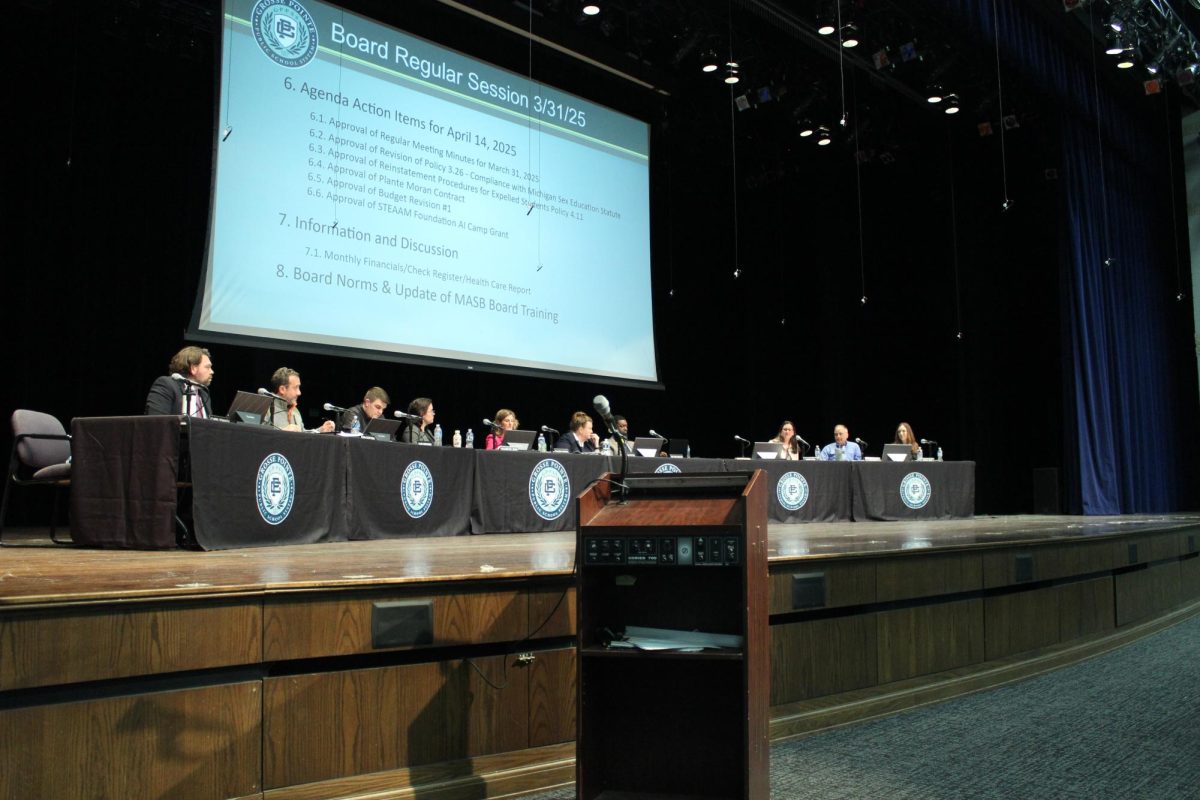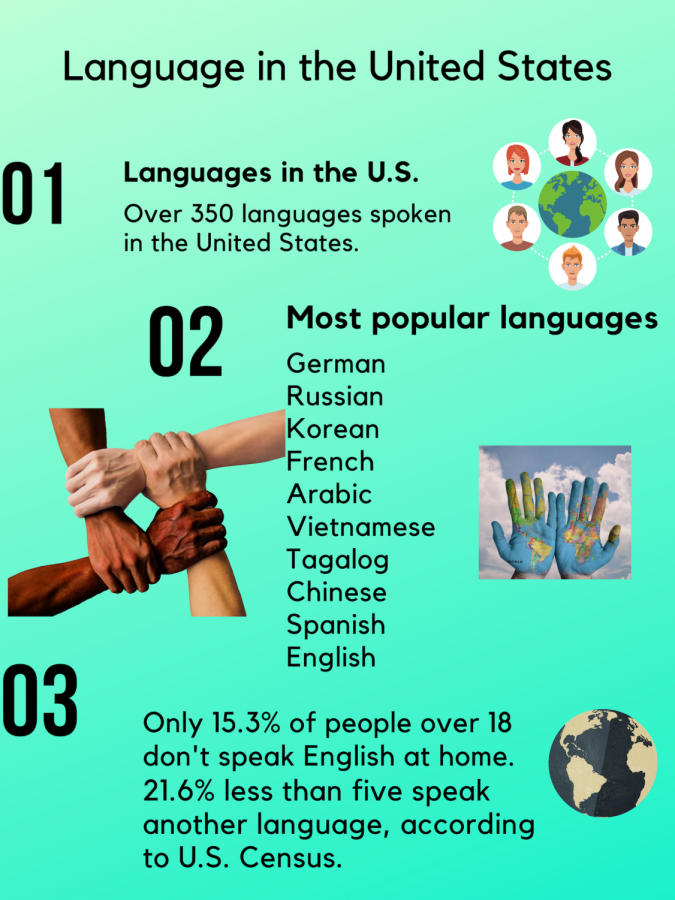Is learning a new language actually beneficial?
The struggles of a non-English speaker learning English
December 19, 2018
Most average Americans dismiss their comprehension of english as a small accomplishment, however, for kids in other countries it’s a celebratory accomplishment to learn and become good at it. I moved to the U.S when I was eight years old and it was a rough transition. I wasn’t able to speak English well for the first year, which isolated me from my classmates and my teachers, making me feel alone and sad.
Getting past the learning curve is very difficult and can take a long time. So I was insecure about my broken English and refused to speak to others in that transition. I am fluent in two other languages, which hindered me from fully comprehending the language I would probably have to use for the rest of my life. At times, I would start speaking in Telugu (my first language) and people would get confused and stare at me. I used to feel bad about it, but it wasn’t something I could control. I felt helpless. Slowly, I spoke less and less till I stopped speaking. Learning English is difficult, especially if it isn’t your first language.
A lot of problems come with trying to learn English; getting stuck in between two languages is the main one. As one tries to transition from one language to another, it gets hard to differentiate the two languages, mushing them into a whole new language. Overcoming this obstacle is very difficult as at a young age it can be hard to separate language from language. It’s all words, right? Wrong, it’s not all just words. There are hidden meanings behind everything people say whether they realize it or not. Idioms like “it’s raining cats and dogs” didn’t make sense to me in the beginning. It took a lot of readjusting and focused learning to understand. Language is complicated by having multiple connotations for each word varying from culture to culture. Indian connotations are another realm compared to American ones, which didn’t make the transition any easier.
In my elementary school, they didn’t offer any ESL classes (English as a second language) which hindered my comprehension of English. I had to learn on the fly by immersing myself in American culture. I only felt happy and safe inside the four walls of my house as I wasn’t judged for my accent or pronunciation of the language. My mental state was deeply affected by this learning gap as I felt inferior compared to others in my grade. I didn’t have the aid that I needed to flourish and the only help I received was my parents’ British English that was not helpful when communicating with the American population.
Even now, I will randomly start speaking in Hindi or Telugu (Indian languages) and realize I am not in a country that would be able to understand it. I am glad that I learned English, but I wish that the transition was less harsh than it actually was.














































































